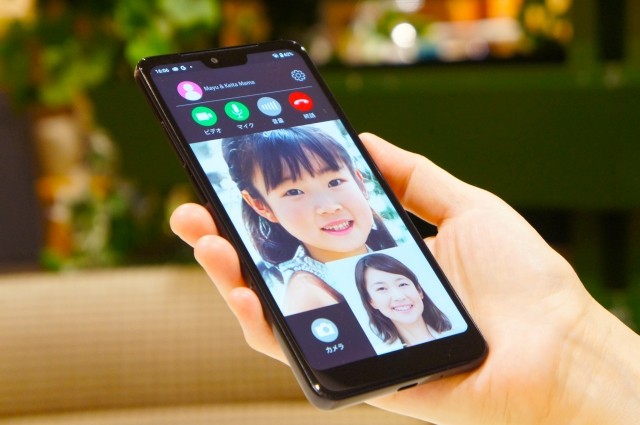
The other day, a friend of mine and I set up an online language exchange for our daughters. Her daughter is a couple of years older than my daughter, who speaks Japanese and English. She lives in Japan with her family and is learning English at school but doesn’t speak English. Recently, a girl from Mongolia transferred to her class. This new girl doesn’t speak Japanese yet so she speaks English in class. So the Japanese girls in class who speak some English have become friends with her. My friend’s daughter has been very interested in talking with the girl but she doesn’t have the confidence to speak in English. To help her gain some confidence to speak English and for my daughter to speak Japanese with other kids, we set up a language exchange together.
I know there’s a common misconception that if you’re bilingual, it’s easy to translate and interpret from one language to the other back and forth. But it’s not true at all. I think most of the journalers here understand this since you may have already experienced it before. I’ve been there, too. It takes a lot of mental effort. There are words or concepts that don’t exist or translate easily from one language to the other.
I am aware of this but I didn’t think about it until our daughters started talking to each other.
My daughter can switch from one language to another back and forth without missing a beat, but isn’t used to interpreting/translating Japanese to English at all. I speak to her only in Japanese. So when I asked her to say something in English while I was speaking in Japanese, I was actually asking her to translate Japanese to English. Which was a burden on her. Since my friend’s daughter was speaking only in Japanese, my daughter was also speaking in Japanese and didn’t say much in English unless I asked her to so that my friend’s daughter could practice.
So I guess this attempt didn’t work well…but it’s ok, at least they enjoyed talking with each other. If these will be a next time, maybe I should also speak in English? I don’t know the best way though…
Such a great opportunity! If it works out to have another attempt, maybe they can use a timer and talk a certain amount of time in Japanese (the language it sounds like both are comfortable in) then switch to English while sticking to the same topic so that comprehension and context can be a little easier for the one who is less confident in English. One time my Spanish tutor had me watch a short cartoon (I think it was wordless or almost wordless) then we discussed it. I think this could be a good option as a conversation topic that wouldn't depend on translating. Good luck and I think that if they are comfortable talking together and able to grow their relationship then you should count it as a win regardless of which language they end up talking in!
Hi @honestlyholle! Thank you for your comments and corrections! I also appreciate your advice for our daughter’s’ language exchanges. I like the idea of using a timer and talking about the same topics in both languages. Judging from the last time, my friend’s daughter is at a very beginner level. Only one word she said in English during the whole this LX time, which was when she was asked which color she likes the best. So if we make it clear that the latter half is only English time, it will help her to stick to English. Before that she probably needs a lot more input though. I once used a wordless cartoon to prompt conversations but completely forgot about that! That’s a great way too! Thank you again! Yes, as long as they enjoy each other’s company, we’ll be happy.